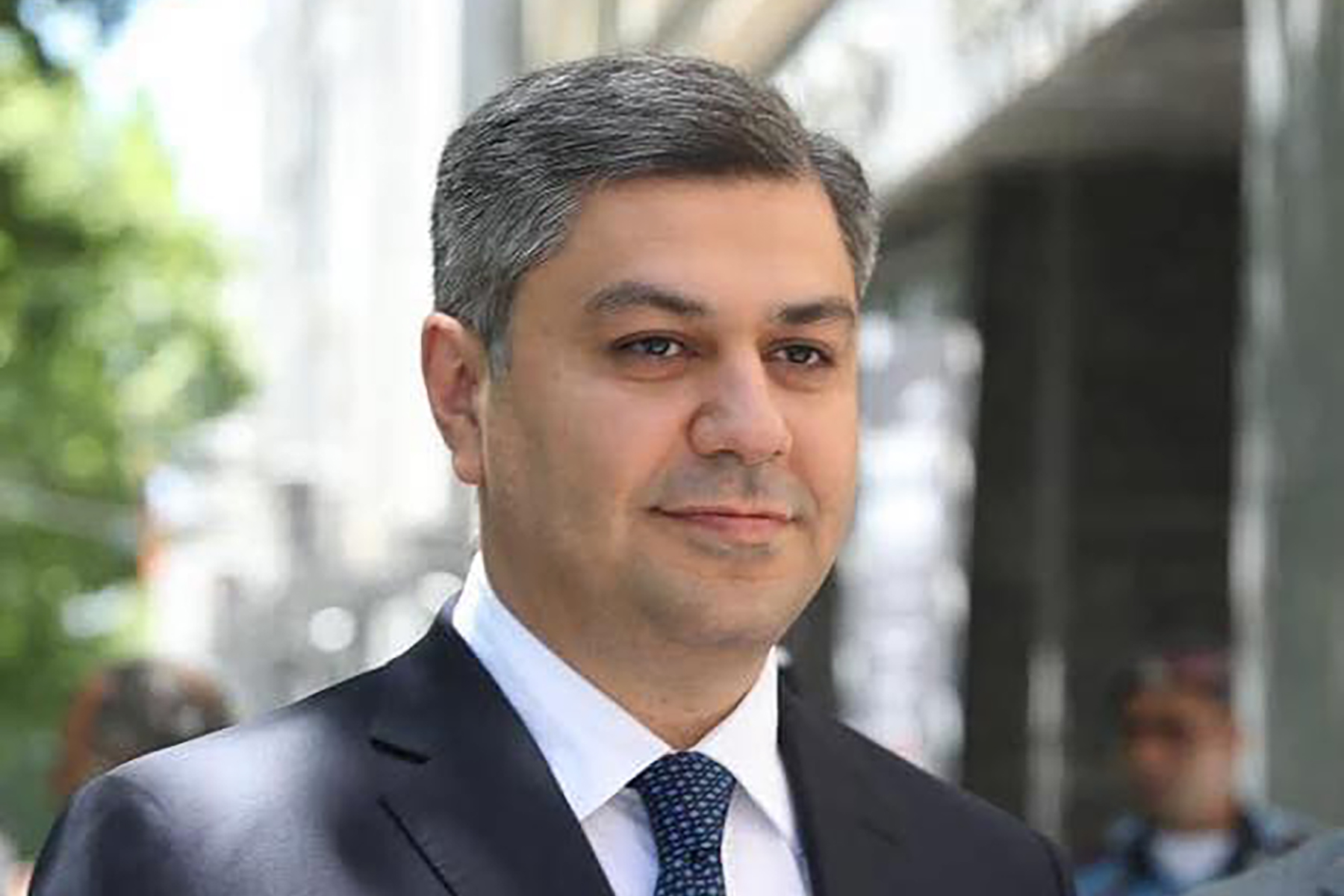

Accusations of incompetence and corruption have been exchanged between Armenia’s Prime Minister and the former head of the National Security Service, following the latter’s resignation in mid-September.
Artur Vanetsyan, the Head of the Armenian National Security Service (NSS), who served in the post for roughly a year and three months and was a key figure in Nikol Pashinyan’s anti-corruption drive, resigned on 16 September.
That same day, he also published a resignation statement on Facebook and on the official NSS website in which he criticised the post-revolutionary administration and expressed hope that his resignation would serve as a ‘stop’ sign for Pashinyan.
The letter began a bitter cycle of recrimination between Pashinyan and his old security chief, marking perhaps the single biggest intra-government rift since Pashinyan became Prime Minister in spring 2018.
War of words
‘State building has its logic: the spontaneity of decisions and turbulence of actions, and the work style of not differentiating between primary and secondary, transient and lasting things, is not the path that leads to the achievement of goals’, Vanetsyan’s statement read. ‘It has nothing in common with an officer’s dignity. The epaulets are incompatible with such a course of events.’
Later that day, the PM’s spokesperson responded. Vladimir Karapetyan told Armenpress that Vanetysan should ‘not lose an officer’s dignity’. He also implied that Vanetsyan was not the author of the statement and that it could be connected to, and have provided protection for spokespersons of the old regime.
‘We need to find out who has written the text attributed to Arthur Vanetsyan. We hope that its authors are not corrupt public relations agencies who have “mistakenly” avoided prosecution’, Karapetyan said.
The next day, Vanetsyan shot back, telling reporters that he was the author of the text and that his adviser Armen Davtyan edited it. ‘We worked together on that text. I consider it to be naive to link me with the corrupt’, he said.
He also emphatically denied rumours of any connection with ex-president Serzh Sargsyan’s son-in-law, Michael Minasyan. ‘Do not dare tie me to him […] Michael Minasyan is someone who has to give answers to many questions before Armenian law.’
In a press conference on 22 September during a visit to the United States, Pashinyan said that Vanetsyan had shamed himself by speaking out against him while still, de jure, holding the office of the head of the NSS.
‘He made a statement against the Supreme Commander-in-Chief and being the head of a structure which is subordinate to the prime minister, it was a statement against his superior’, Pashinyan said. ‘There is no greater contempt for an officer’s honour.’
Pashinyan added that it was equivalent to ‘throwing [one’s] epaulets into the trash’.
On 23 September, Vanetsyan gave an interview to Hraparak where he made the most trenchant criticisms of Pashinyan to date.
‘Nikol Pashinyan spoke about things he has little understanding of’, he said. ‘Now I see he repeatedly breaks agreements and makes vague and populist statements about nothing.’
He added that Pashinyan ‘does not think about the consequences of his words’.
Political Ambitions?
Since Vanetsyan’s resignation, Armenian newspapers have been feverishly discussing the political future of the former NSS chief, with many speculating that he would join the opposition Prosperous Armenia Party.
Vanetsyan denied the rumours, stating ‘I rule out the possibility of joining the Prosperous Armenia Party at any stage in my life and any political force in general.’
However, he quickly backtracked. ‘I say I rule out joining the political force, and I will make a decision myself, which I will announce in the near future, if necessary, after a rest’, he said.
He concluded by saying that he would ‘refrain from engaging in “political discussions” ’ and would instead concentrate on his role as the chair of the Football Federation of Armenia.
Political analyst Armen Minasyan of the Yerevan-based Agora public policy think tank told OC Media that a single resignation could not have a large impact on the future of Armenia. But nevertheless, he said Vanetsyan’s resignation was important in the context of current political processes in Armenia.
‘The head of the NSS is one of the most influential people after the Prime Minister’, Minasyan said, adding that the disagreements in Pashinyan’s team and excessive pressure by Pashinyan could be some of the reasons that led to this situation.
‘This weakens Pashinyan’s positions, but one individual doesn’t have that much influence as we have a government which relies on trust towards [only Nikol Pashinyan].’
According to Minasyan, the debates over ‘epaulettes’ and ‘an officer’s honour’ mean that, presumably, there are some orders which subordinate structures do not receive positively.
‘Vanetsyan’s resignation will affect the National Security Service’, he said. ‘I believe the statements they make have a bad impact on the security officers.’




